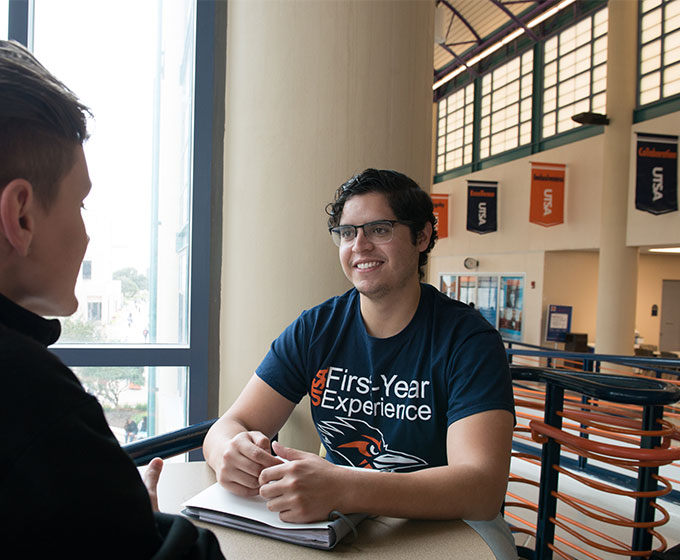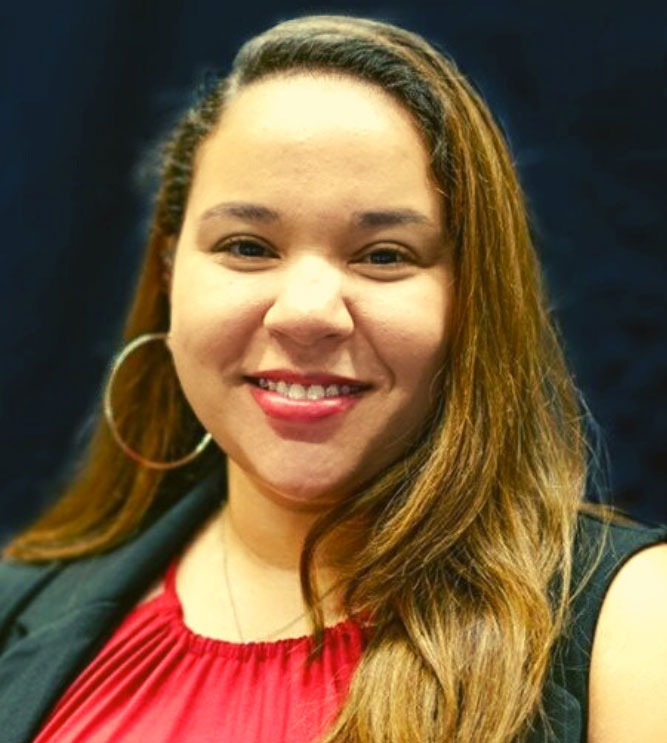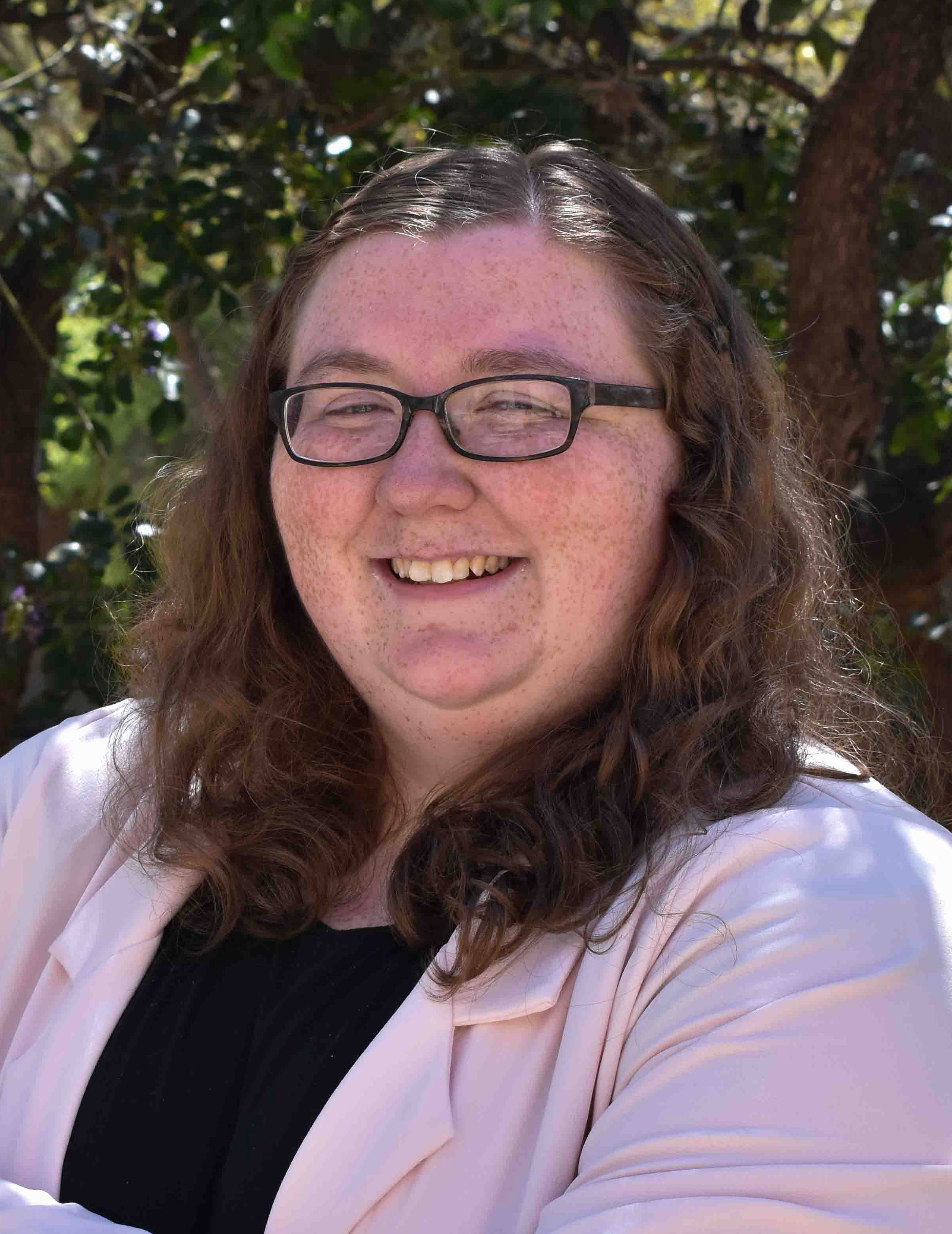
UTSA offers several resources to help new students, including the First-Year Experience (FYE) Peer Mentorship program.
SEPTEMBER 26, 2022 — While the first year is an exciting chapter in the life of a college student, setting foot on a large university campus for the first time can seem daunting. Luckily, there are countless resources to help new students successfully acclimate to life at UTSA, including the First-Year Experience (FYE) Peer Mentorship program.
One of several resources within UTSA Student Success, FYE provides freshmen and transfer students with academic, social and personal support, and supplies them with the necessary tools to help them smoothly navigate the change to UTSA.
Available to support new Roadrunners as they make this transition during the first few weeks of the fall semester, three current peer mentors and one former peer mentor—Aveejeet (Avee) Brar, Caitlin King, Kilsy Ramos and Milandeep Batth—offered guidance for students who have just begun their journey at UTSA.

Ramos, a senior biomedical engineering major, knows that walking into a large lecture hall on the first day of class can feel intimidating, especially compared to a smaller high school classroom environment, but she encourages students to remember the importance of speaking up.
“Don’t be afraid to ask questions,” Ramos said. “You don’t need to be the smartest person in the room; everyone is here to learn and grow, just like you.”
She also recommends that new students find an organizational method that works for them, and to set goals to stay motivated.
“Make a schedule for yourself and try to stick with it so you can form a routine,” she said. “Organize yourself early in the semester with a planner or agenda and keep track of all your due dates. And read through your entire syllabus! All the information you’ll need to know for the semester will be in there.”

Brar, a senior cybersecurity major, advises new Roadrunners to get out of their comfort zone and participate in the myriad of campus activities available for students.
“One piece of advice I wish I had going into my freshman year, especially as a first-generation student, would be to get involved on campus,” Brar said. “It can be intimidating to open yourself up to new possibilities, but it helps you make lifelong friends, improve your soft skills and form memories. Some of my favorite memories include football games and late-night study sessions in the JPL.”
Brar also discussed how campus involvement helped with his personal development.
“Being involved on campus has been the best thing for my growth as a student and an individual. For example, my communication skills have seen incredible improvement,” he added. “I was once scared to speak up, but I can now connect with anyone. This has allowed me to become a senior peer mentor and help others through the same struggles I experienced in my first year.”

King, a senior politics and law major, advises first-year students to understand the difference between college expectations and high school expectations.
“I want to be honest with students, so the first and most important advice is to be responsible. Freshmen need to understand everything is their responsibility now,” King said. “Now that we’ve gotten the boring part out of the way, remember we all are clueless when we start college, so just be yourself and explore your options academically. Do some research if you think you might want to change majors, talk to your advisors and meet with the Career Center. I’ve used the center previously, and the counselor I met with was so kind and helpful.”
King also recommends utilizing the many services available to help students in and out of the classroom.
“Take advantage of all the UTSA resources. We have student success coaches, tutoring, the Rec Center, intramural sports, the Roost Game Room, semester events like Best Fest and Día en la Sombrilla, and of course our student tickets to sporting events like football,” she said. “Build a community of friends and mentors you can rely on while you’re here, and it can really be the best time at UTSA.”
Batth, a junior kinesiology major and former peer mentor, wants first-year students to know that whenever they may need it, help is just around the corner. From Tutoring Services and the Writing Center to UTSA Wellbeing Services, the university has a wide variety of resources for academic, personal, mental health support and more to ensure that students are successful during their first year and beyond.
“Educate yourself about the resources available to you. Whether you ask a professor, peer mentor or academic advisor, they all have the ability to give you the resources you need to succeed,” Batth said. “You might not need all of UTSA's resources right away but when it comes time you’ll know exactly where to go. And get to know your professors! Go to their office hours and become better acquainted with them. There is nothing more your educators want to see than you succeeding in their class.”
UTSA is a Tier One research university and a Hispanic Serving Institution that puts students first by cultivating an environment that focuses on their success.
A unit within the division of Academic Affairs, Student Success comprises a network of resources, programs and services designed to help students thrive academically and feel a sense of belonging at UTSA. Its tailored set of tools helps guide students through each stage of their academic journey, from the first day of college to commencement.
UTSA Today is produced by University Communications and Marketing, the official news source of The University of Texas at San Antonio. Send your feedback to news@utsa.edu. Keep up-to-date on UTSA news by visiting UTSA Today. Connect with UTSA online at Facebook, Twitter, Youtube and Instagram.
Día en la Sombrilla, formerly Fiesta UTSA, is a festival hosted each spring as a part of Fiesta® San Antonio events. Sponsored by Roadrunner Productions, the event features music, food, confetti, games, event t-shirts, and more.
Sombrilla Plaza, Main CampusCovidence is a systematic & scoping review tool used to streamline the process of screening and reviewing articles. Using this software, research teams can easily import studies, perform automatic deduplication, and extract data using templates. This workshop will show attendees how to start a review in Covidence, add collaborators, and get started on screening.
Virtual (Zoom)In this workshop, attendees will be introduced to Pandas, a Python tool for working with data easily. It makes it simple to organize and analyze information when data is organized and categorized, like spreadsheets or tables.
Group Spot B, John Peace LibraryEach fall and spring semester, students convene at the Main Campus at UTSA with booths, ideas and prototypes. A crowd of judges, local organizations, students, faculty and sponsors walk around and talk to the students about their projects and ask questions. Students get the real-life experience of "pitching" their project with hopes of getting funding or support to move to the next level.
UTSA Convocation Center, Main CampusJoin the doctoral candidates for the Doctoral Conferreal Ceremony and celebrate their accomplishments.
Arts Building Recital Hall, Main CampusCelebrate the graduates from the Carlos Alvarez College of Business, College of Education and Human Development, Margie and Bill Klesse College of Engineering and Integrated Design and University College.
AlamodomeCelebrate the graduates from the College for Health, Community and Policy, College of Liberal and Fine Arts and College of Sciences.
AlamodomeThe University of Texas at San Antonio is dedicated to the advancement of knowledge through research and discovery, teaching and learning, community engagement and public service. As an institution of access and excellence, UTSA embraces multicultural traditions and serves as a center for intellectual and creative resources as well as a catalyst for socioeconomic development and the commercialization of intellectual property - for Texas, the nation and the world.
To be a premier public research university, providing access to educational excellence and preparing citizen leaders for the global environment.
We encourage an environment of dialogue and discovery, where integrity, excellence, respect, collaboration and innovation are fostered.